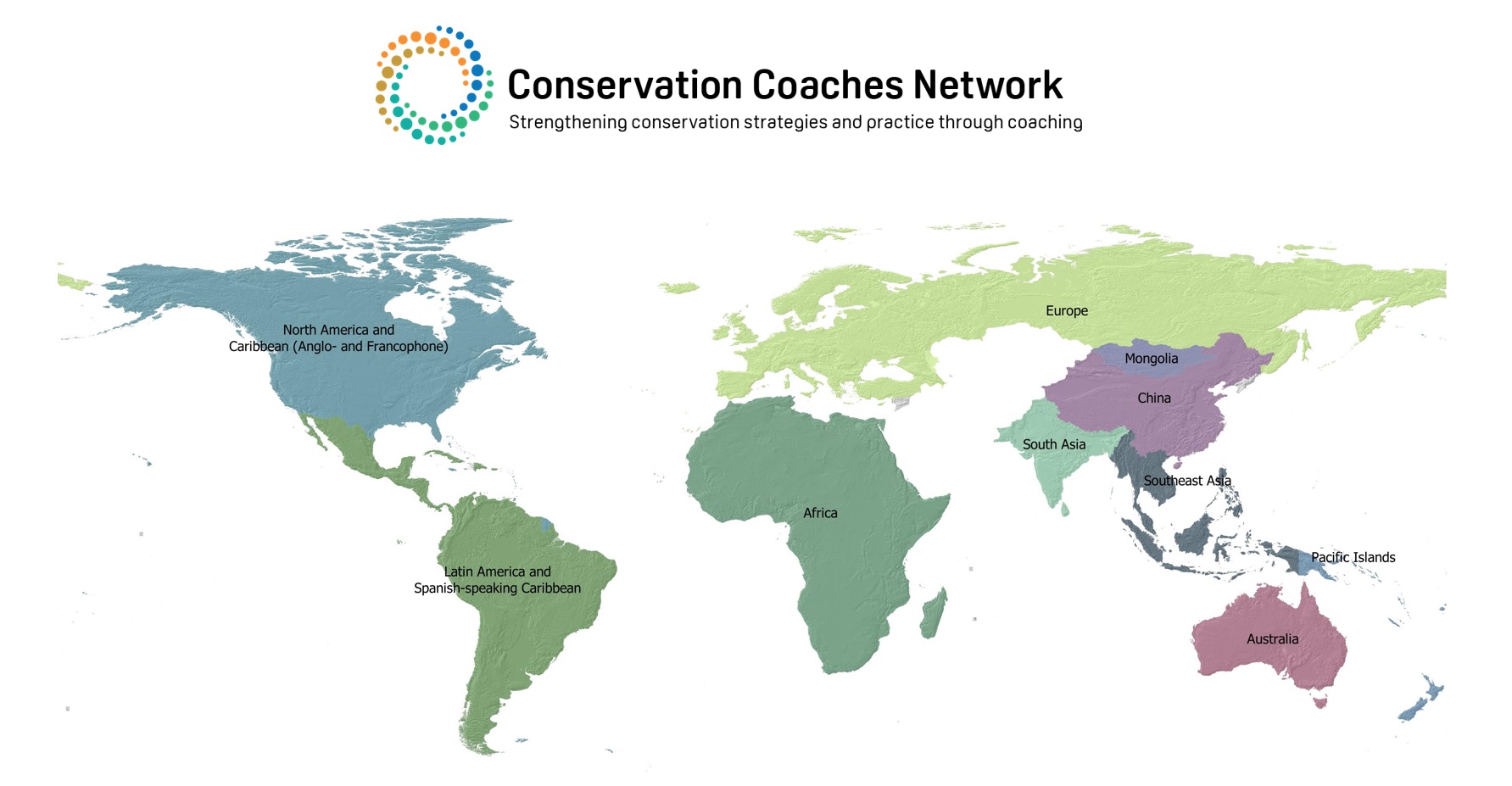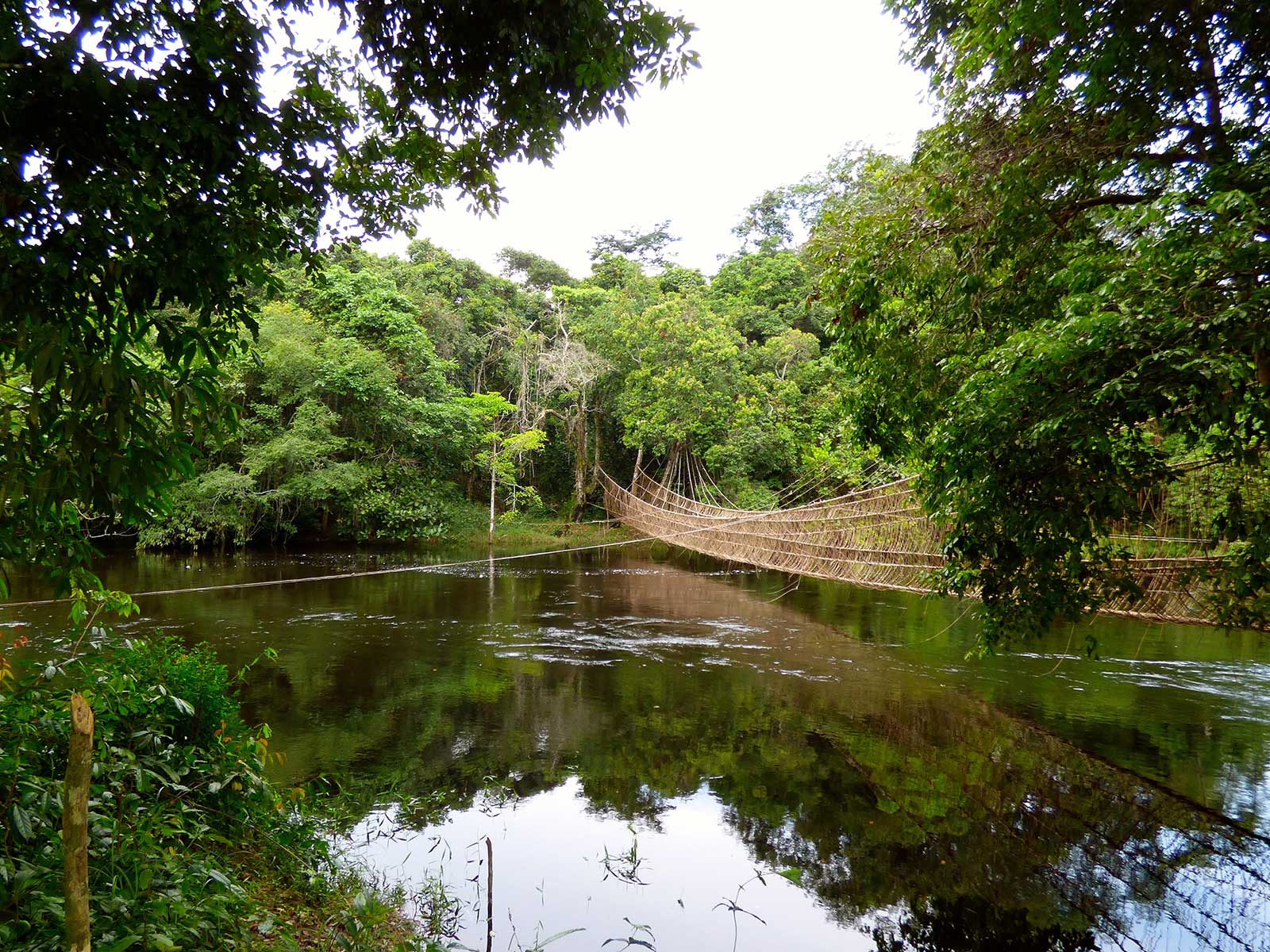Photo Credit: Jason Houston for USAID
Regional Networks & Communities of Practice

While CCNet has a core team that manages the alliance globally, its heart and soul are Regional Networks that support and train coaches on a regional basis. Regional Networks engage volunteer Leads who provide coordination for local members and serve as liaisons to the CCNet Board. Leads recruit Co-Leads to serve as point persons for various sub-committees or sub-geographic regions. Leads submit an annual report on the past and future year’s activities to the Global Coordinator.
Regional Networks aim to:
- ensure the Network Leader has the support of a core team who together drive the regional or thematic network;
- tap the talents of high energy individuals (university students, other NGOs, etc.);
- ensure a variety of training opportunities;
- maintain an overview of people who want to become a coach, and of coaches who would like to be involved in training other coaches;
- encourage coaches to use self assessment tools
- maintain network web-presence and news distribution service (newsletter, etc.);
- stay connected to global CCNet Coordinating Team (via email, Board Calls, feeding stories into the global newsletter, etc.);
- access a bit of working capital.
A document outlining Best Practices for Regional and Thematic Networks can be found here.
Communities of Practice
In addition to the Regional Networks, there are Communities of Practice – working groups of coaches organized around a particular theme.
Here are the current Regional Networks and Communities of Practice (click below to be taken to a page devoted to each network):
Regional Networks
CCNet Africa: Nibani Houssine, Anne Ntongho, Musa Cheryiot, Genevieve Pence, Natalie Hayward, Claire Relton, Lauren Waller, Matrida Simfukwe
CCNet Australia: Saras Kumar & Leah Feuerherdt
CCNet China: Jin Tong
CCNet Europe: Daniela Aschenbrenner, Lisa Ernoul & Peter Cranswick
CCNet Latin America: Irina Montenegro, Anita Diederichsen, Gustavo Gatti, Cristina Lasch
CCNet Mongolia: Munkchuluun Basan & Tuguldur (Tuugi) Enkhtsetseg
CCNet North America – Central: Doug Pearsall & John Paskus
CCNet North America – Eastern: Sara Gottlieb
CCNet North America – Western: Terri Schulz & Andrew Bridges
CCNet Pacific Islands: Trina Leberer & Emily Fielding
CCNet South Asia: Vacant
CCNet Southeast Asia: Felix Cybulla, Annette Olson & Lavernita Bingku
Communities of Practice
Indigenous CS projects and CS projects on Indigenous Land and Waters – Frank Weisenberger & Sam Bayley
Teaching Adaptive Management – Vinaya Swaminathan, Felix Cybulla & Armando Valdés-Velásquez
If you are a Coach thinking about starting a new Regional Network in an underserved region, or a new Community of Practice please contact John Morrison.
Coaches Resource Library
CCNet maintains a variety of resources to support Coaches in the presentation and use of the Conservation Standards. Most of the resources are found in multiple languages in the Coaches Notebook that is part of CCNet New Coach Trainings. In addition, in our Resource Library you can find a wealth of support materials shared by Coaches and Conservation Standards practitioners.
Photo Credit: Ashleigh Baker
Our Collaborators
Every organization, agency, project, and individual has its own preferred set of terms. There is no right answer – the most important thing is that the members of your project team and the people with whom you work have a clear and common understanding of whatever terms you choose to use.
Photo Credit: Chris Scarffe
Download CS
The Conservation Standards is the product of inputs, field tests, and discussions among members of the Conservation Measures Partnership (CMP), which has final editorial authority over the Conservation Standards. Substantial input was also provided by members of the Conservation Coaches Network (CCNet) and other CMP partners.
Photo Credit: Felix Cybulla
Contact CCNet
To inquire about supporting CCNet or for general inquiries, please contact:
John Morrison - CCNet Global Coordinator john.morrison@wwfus.org
Cristina Lasch - CCNet Technical Coordinator clasch@tnc.org
Photo Credit: Diane Detoeuf

